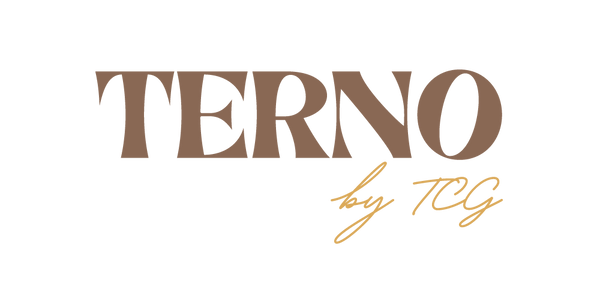The Sustainable Appeal of Traditional Filipino Clothing in Slow Fashion
Babylyn BuchanIn our current globalised world where fast fashion dominates the industry, there's a growing movement towards embracing slow fashion—a conscious approach to clothing that prioritizes sustainability, ethical practices, and timeless style. And within this movement lies an opportunity to rediscover and celebrate the rich cultural heritage of traditional Filipino clothing.
Traditional Filipino clothing, known as "baro't saya" for women and "barong Tagalog" for men, embodies centuries-old craftsmanship, intricate designs, and sustainable practices. These garments are not only beautiful but also carry stories of Filipino heritage, craftsmanship, and community.
One of the key principles of slow fashion is longevity, and traditional Filipino clothing is designed to last. Made from natural fibers like abaca (banana leaf fiber), piña (pineapple leaf fiber), handwoven cotton textiles, and silk, these fabrics are not only durable but also biodegradable, reducing environmental impact. Moreover, the craftsmanship involved in creating these garments ensures high quality, making them timeless pieces that can be passed down through generations.

Ethical practices are another cornerstone of slow fashion, and traditional Filipino clothing often supports local artisans and communities in different regions of the Philippines. From the weaving of fabric to the intricate embroidery and beadwork, many hands are involved in the creation of each garment, providing livelihoods for skilled artisans across the Philippines. By supporting these artisans, consumers contribute to the preservation of traditional crafts and the empowerment of local communities.
Traditional Filipino clothing promotes cultural sustainability by preserving and celebrating indigenous knowledge and techniques. Many weaving traditions and embroidery styles have been passed down through generations, with each region of the Philippines having its own unique textile heritage. By embracing these traditions, we not only honour our ancestors but also ensure that these cultural practices continue to thrive in the modern world.
Incorporating traditional Filipino clothing into the slow fashion movement is not only a sustainable and ethical choice but also a celebration of identity and culture. By choosing to wear TERNO, baro't saya or barong Tagalog, individuals can make a statement about their values, supporting local craftsmanship, preserving cultural heritage, and advocating for a more sustainable fashion industry.

As we navigate the complexities of the modern world, let us not forget the wisdom of our ancestors and the beauty of our heritage. Let us embrace slow fashion as a pathway to sustainability, ethics, and cultural revival, with traditional Filipino clothing leading the way as a symbol of pride, resilience, and timeless elegance.
